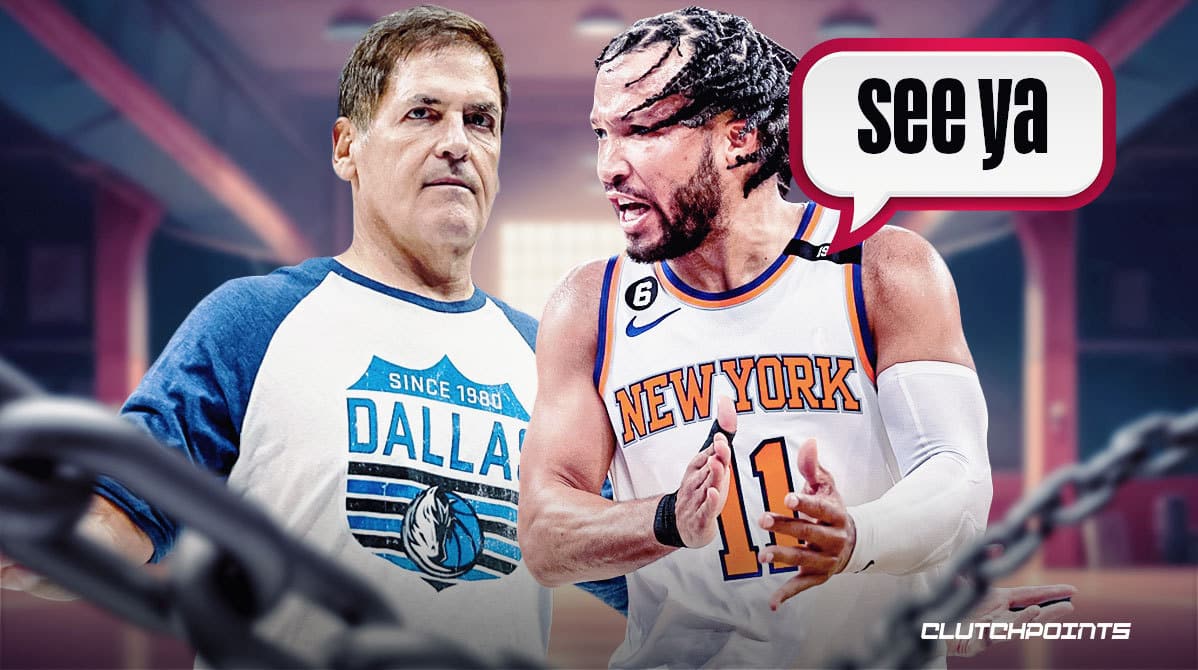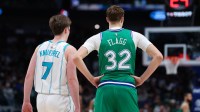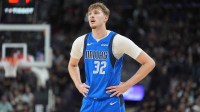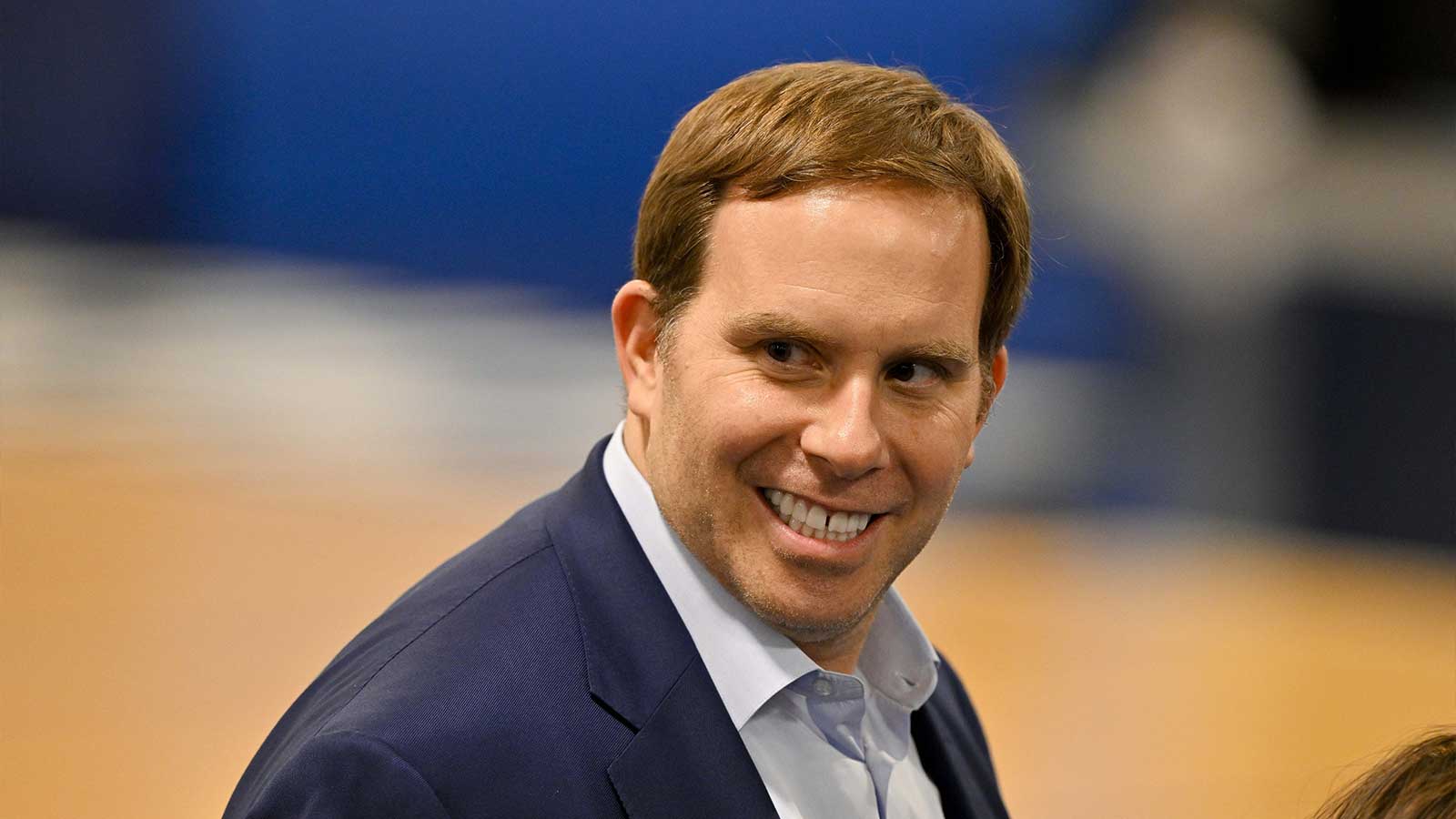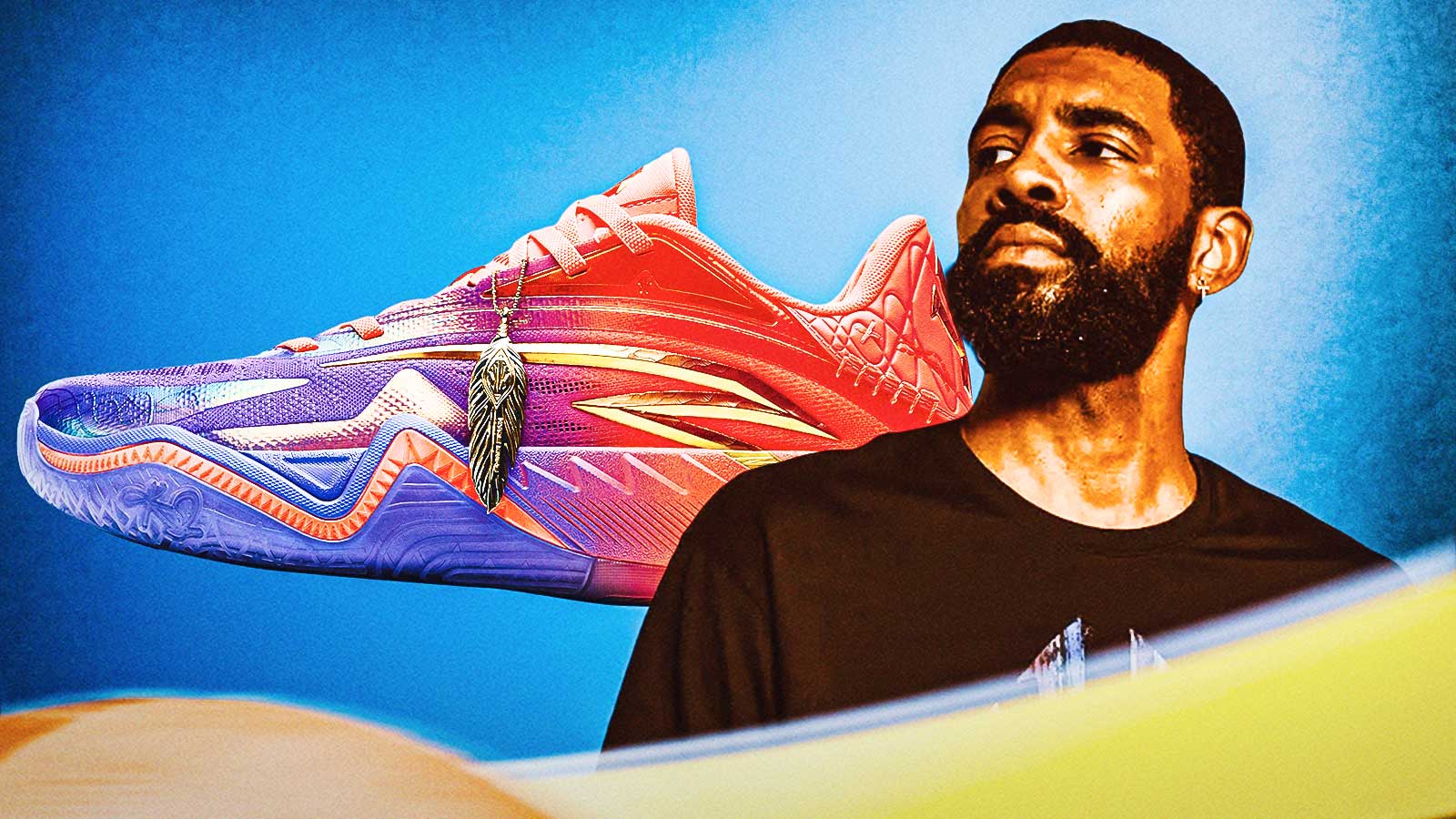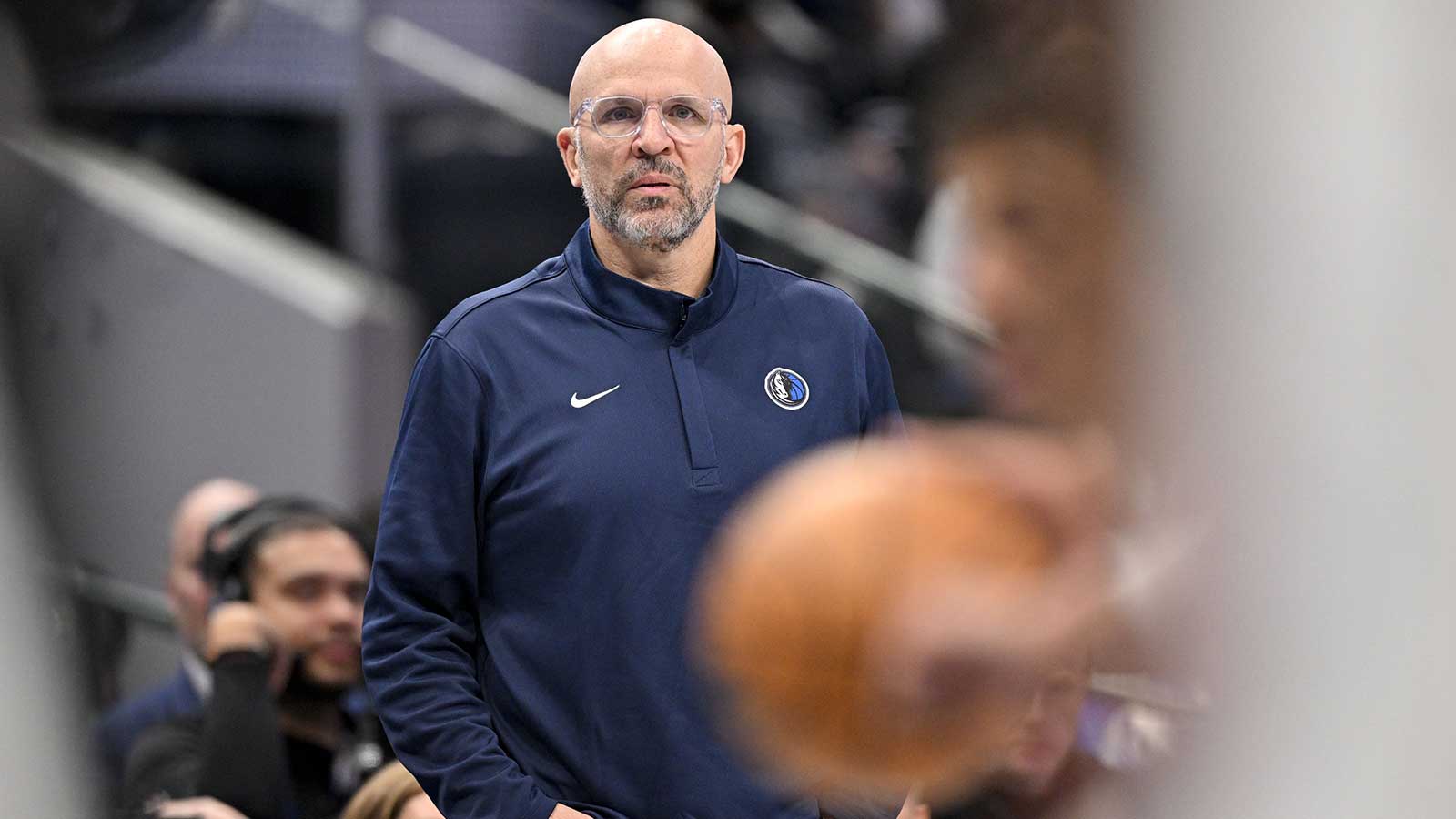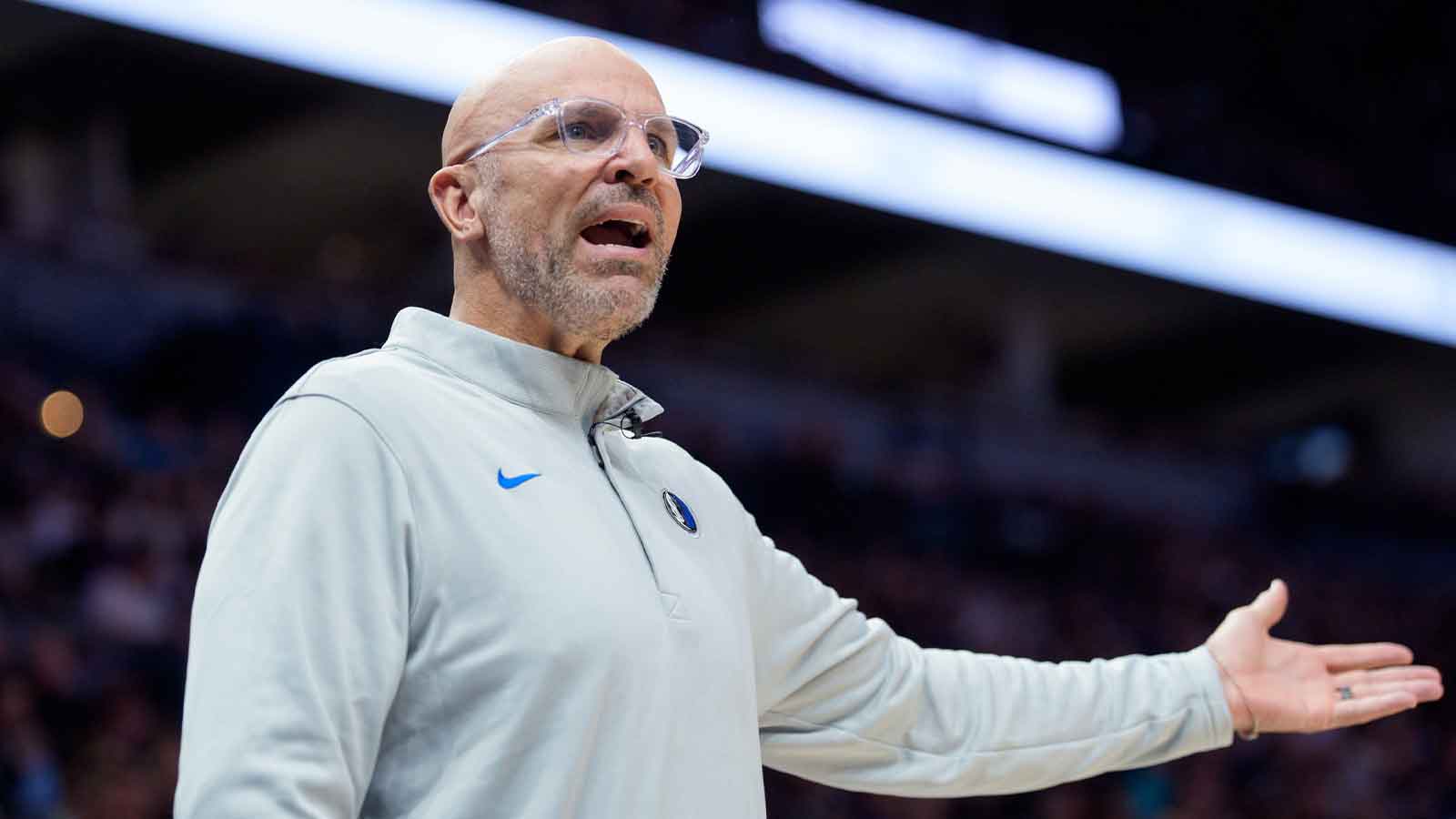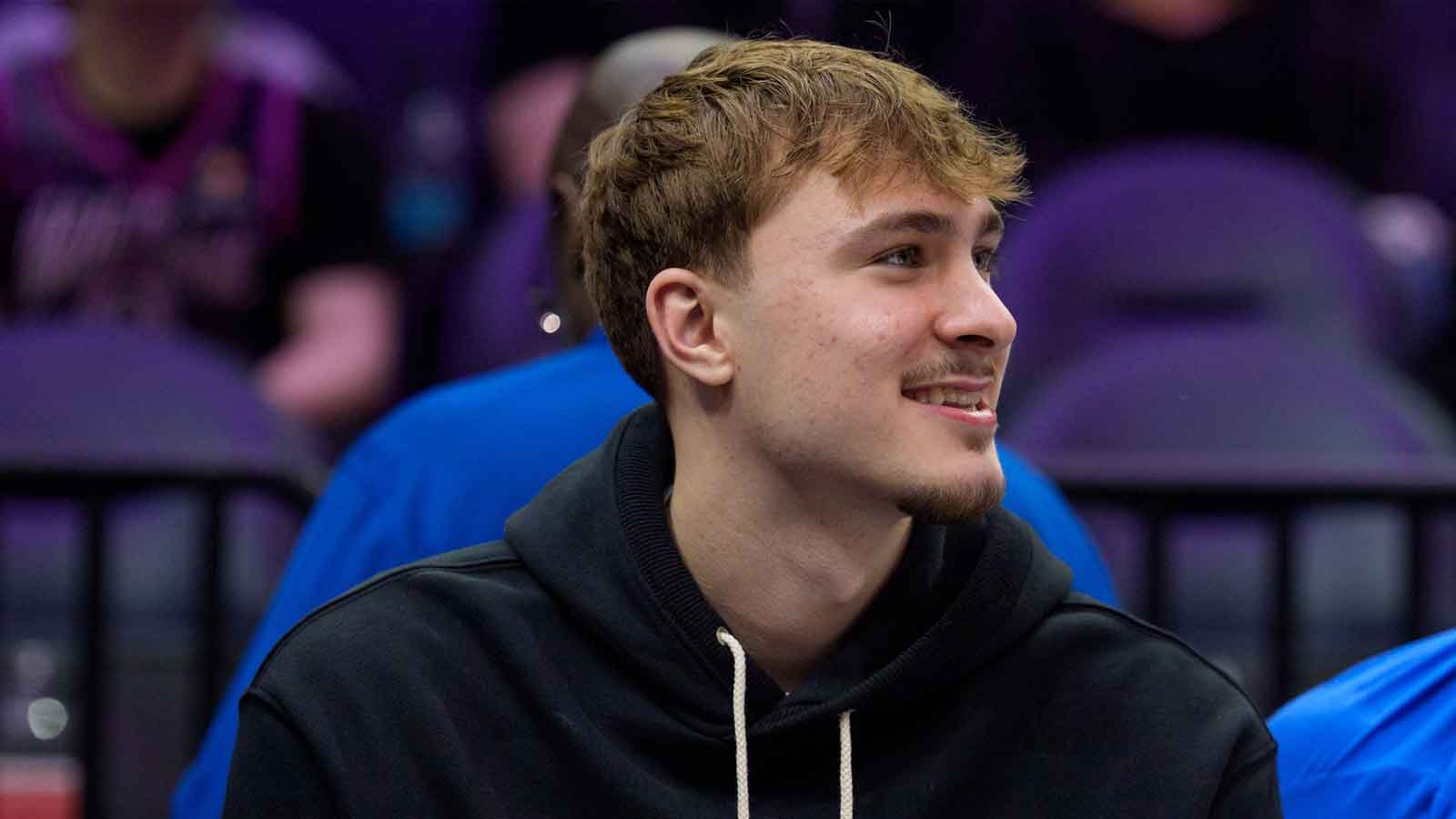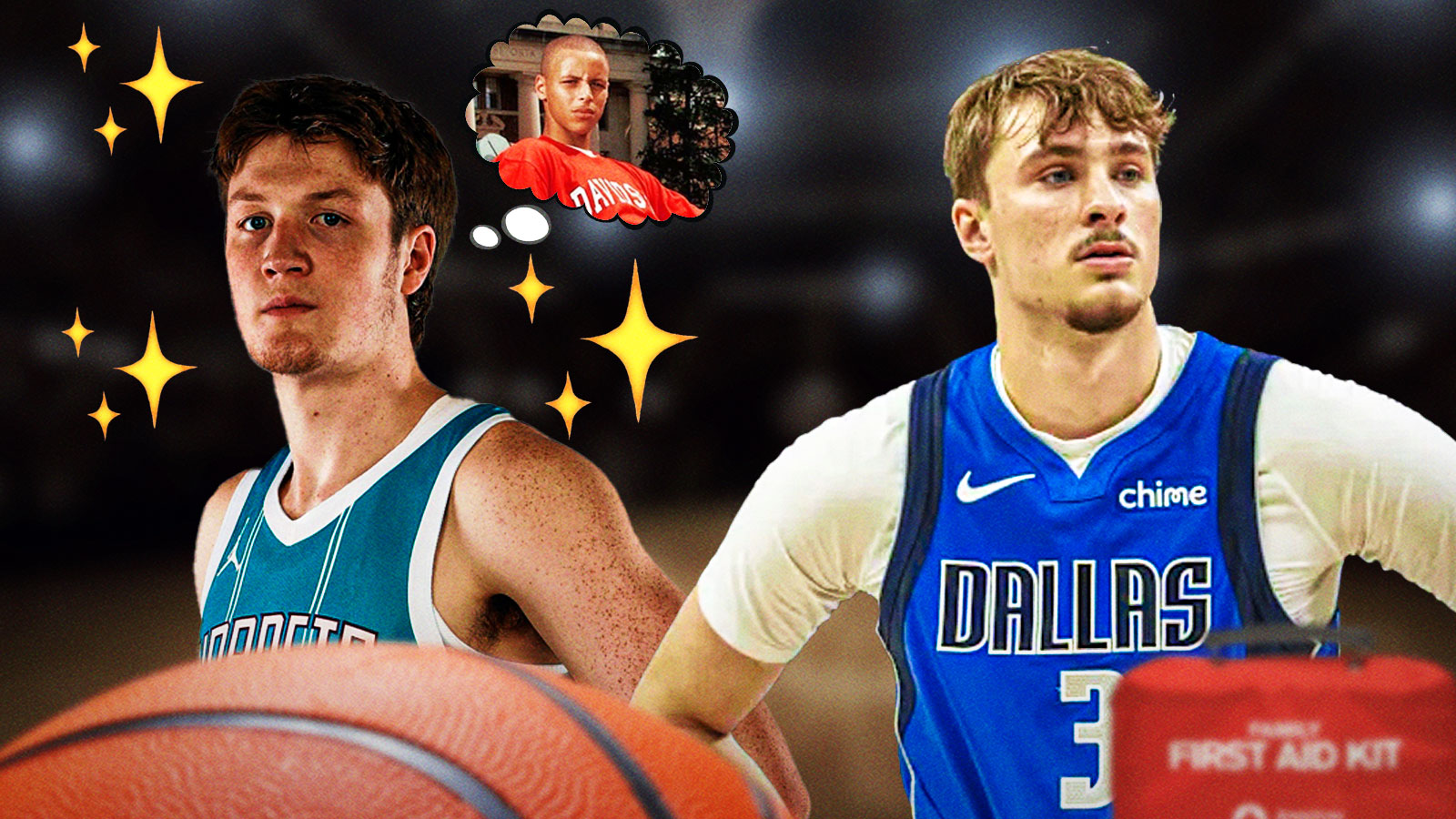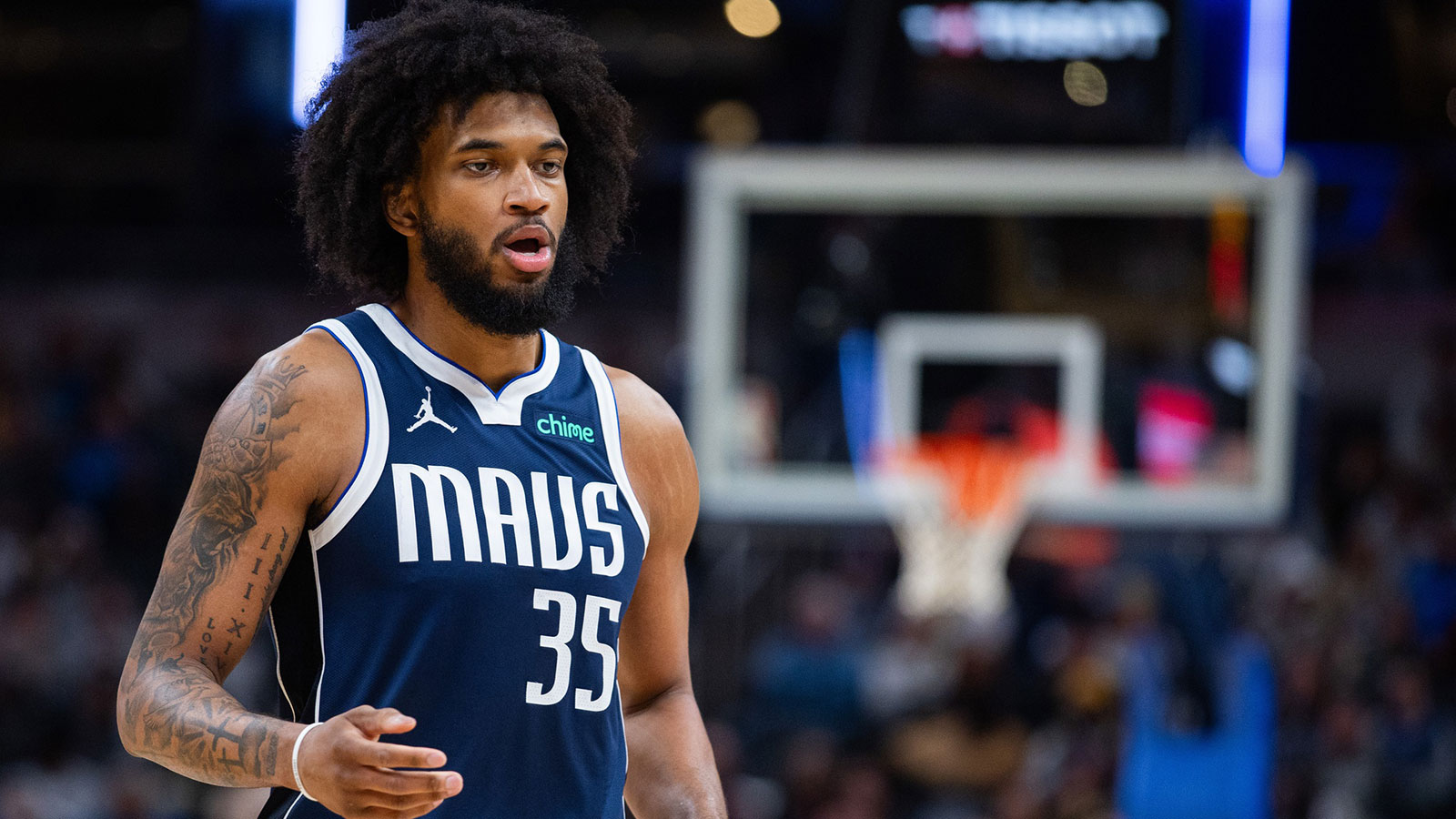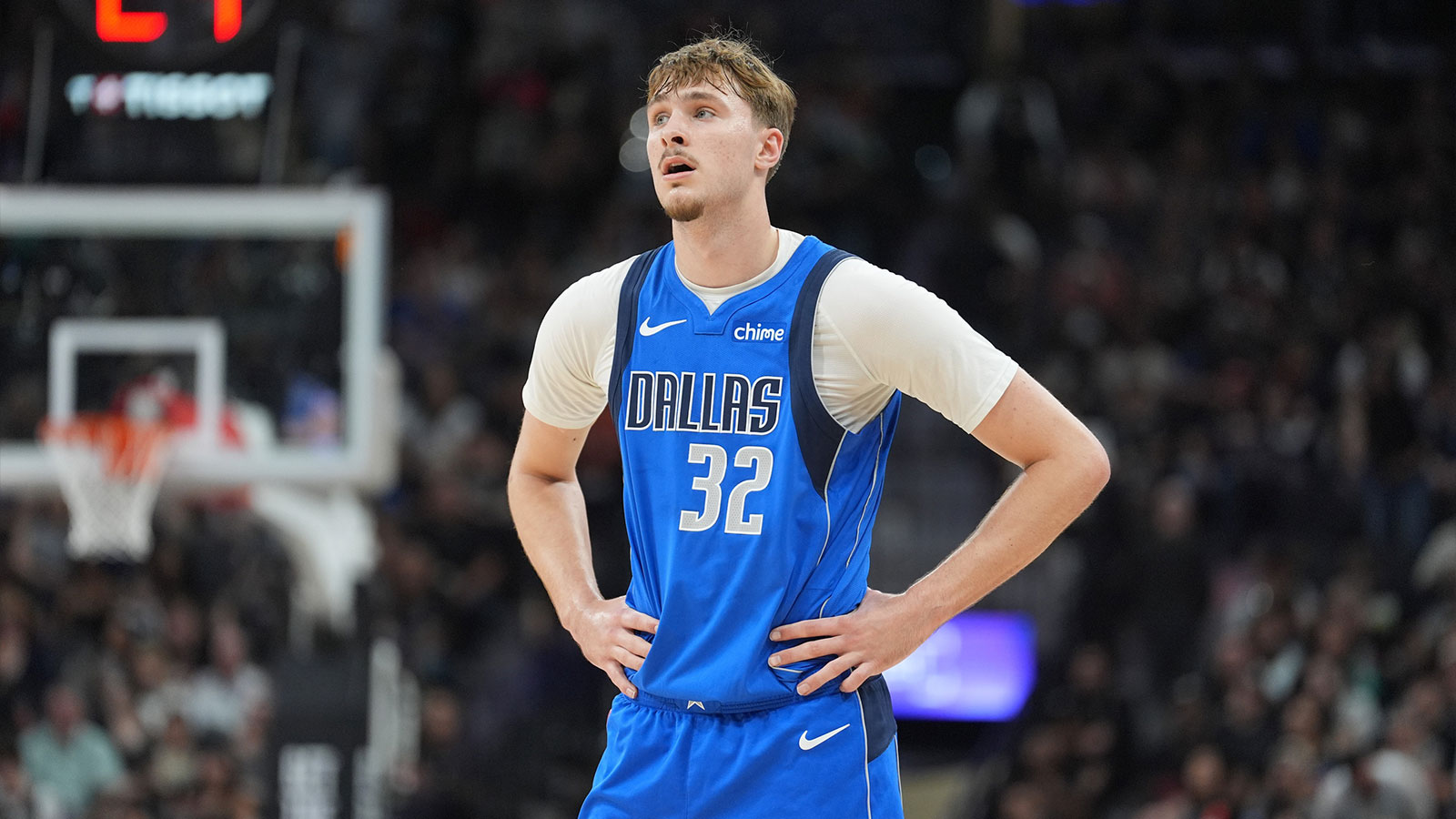The Dallas Mavericks were this season's biggest disappointment. Despite retaining the bulk of the team that made last year's Western Conference Finals and trading for Kyrie Irving midseason, the Mavs missed the postseason, failing to even qualify for the play-in tournament. Although it's reductive to attribute their collapse to any single cause, Jalen Brunson's defection from the Mavs to the New York Knicks last summer certainly didn't help. While Brunson blossomed into one of the NBA's elite point guards and isolation scorers in New York, the Mavs flailed as they tried to find a suitable co-pilot for Luka Doncic. Nearly a year later, the owner Mark Cuban and the Mavs front office are still haunted by losing Brunson, pinning their disastrous season on his departure.
Last month, Cuban reaired old grievances, blaming Rick Brunson (Jalen's dad and an assistant coach with the Knicks) for poisoning the negotiations between his son and the Mavs.
The situation between Jalen Brunson and the Mavs, though, is much more complex than Cuban let on.
“Upon drafting Brunson in 2018, reports Tim Cato of The Athletic, “Dallas structured his rookie contract in a manner that made him an unrestricted free agent after his fourth season, something atypical for players in his situation. The Mavs chose not to extend him at four years, $55 million before the 2021-22 season, and the two sides have an on-the-record disagreement regarding whether that same extension was ever available in that season’s opening months.”
As such, by the time Brunson broke out in last year's playoffs and reached free agency that summer, the Mavs had already squandered their opportunity to retain him.
“In the days leading up to free agency, Cuban and the team’s decision makers had planned to meet him in New York. They had prepared a ‘sentimental' video, according to team sources, featuring his accomplishments and community work in Dallas, but the meeting was canceled and the Mavericks understood, in the days leading up to July 1, that Brunson joining the Knicks was inevitable.”
On Brunson's end, joining the Knicks was an unambiguous success. No longer forced to play second fiddle to Doncic, Brunson averaged 24.0 points and 6.2 assists per game, both career highs.

